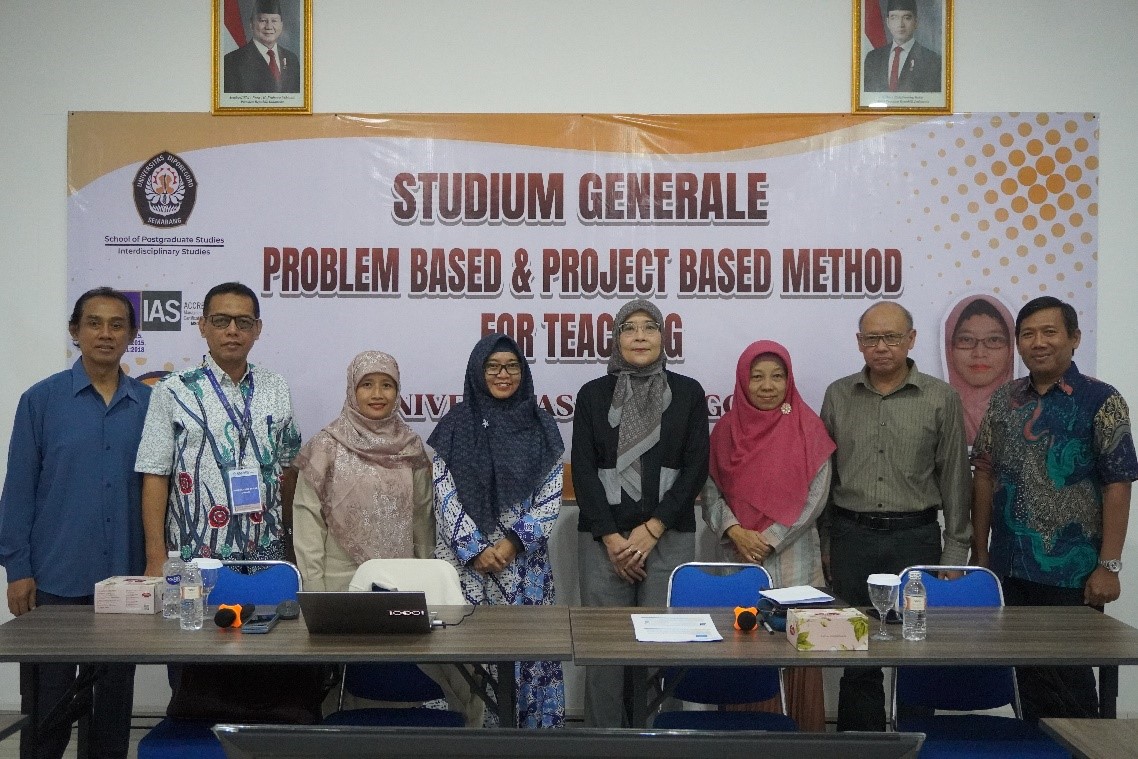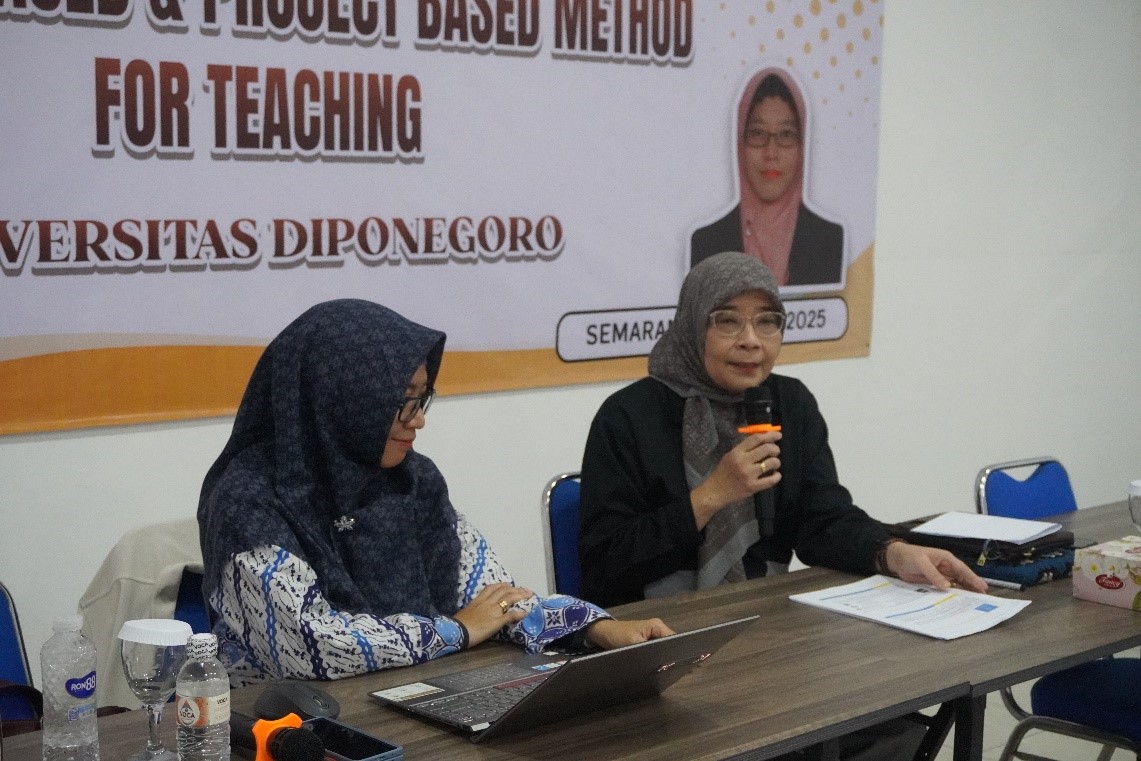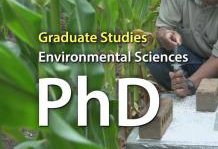
Semarang, [23/4/2025] – The Postgraduate School at Diponegoro University successfully held a studium generale in order to enhancing the academic insight and teaching strategies of its postgraduate community. The studium generale titled “Problem-Based & Project-Based Method for Teaching” and presenting engineering expert Prof. Ir. Bertha Maya Shopa, ST., M.Sc., Ph.D., IPU., ASEAN Eng., on Wednesday, April 23rd, 2025 .
This event was held at Smarclass Room on the 6th floor of the Postgraduate School of Diponegoro University. The event attracted a large audience comprising master’s and doctoral students, faculty members, and education practitioners. The event was officially opened by Dr. Tri Laksmi Indreswari, S.H., M.H., as a vice dean of the Postgraduate School of Diponegoro University, who expressed gratitude for Prof. Bertha’s willingness to share her expertise and experience.
In her presentation, Prof. Bertha provided an in-depth explanation of two increasingly relevant active learning approaches: Problem-Based Learning (PBL) and Project-Based Learning (PjBL). She emphasized that both methods not only foster student engagement and motivation but also significantly enhance critical thinking, problem-solving, collaboration, and communication skills.

She also highlighted the evolving role of educators as facilitators and mentors in implementing these approaches. During the discussion session, participants actively engaged in asking questions about practical implementation across various disciplines, as well as the challenges and success strategies for adopting these methods in postgraduate classrooms.
The lecture concluded with a token of gratitude presented to Prof. Bertha Maya Shopa ST., M.Sc., Ph.D., IPU., ASEAN Eng., by the Vice Dean of the Postgraduate School of Diponegoro University. Attendees expressed that the session was highly insightful and provided applicable ideas for improving both teaching and research practices.
This event is part of Diponegoro University’s ongoing commitment to fostering an innovative, collaborative, and globally competitive academic environment. (Human SPs – Daffa Amir Pambudi)






